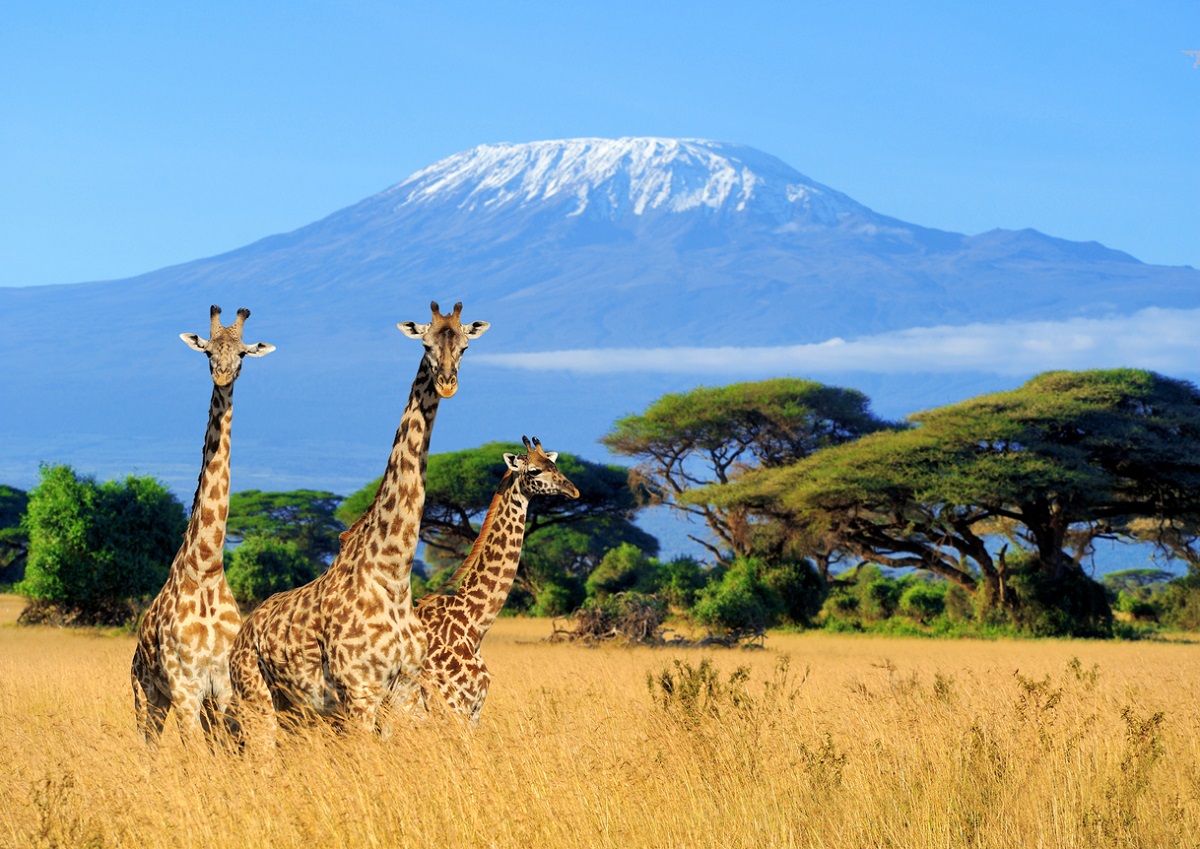
Massive Genomic Project to Benefit African Biodiversity, Science Community
March 16, 2022| |
The African BioGenome Project (AfricaBP) aims to sequence the genomes of more than 100,000 African endemic species. It is an effort by African scientists to safeguard African biodiversity while bringing genomics and bioinformatics capacities closer to the African people.
The project, which involves more than 100 African scientists from five African Union regions and 22 African organizations, intends to sequence the genomes of African plant, animal, fungus, protist, and other eukaryotic species. This initiative stems from the need to build a major genomics resource in Africa for the benefit of African breeders and conservationists. Though previous activities that aim to study, conserve, or improve African biological diversity were done in the past, most of them have been led by researchers from outside the continent.
AfricaBP's three main goals are:
- To provide resources to help breeders produce resilient and sustainable food systems;
- To help design effective biodiversity conservation strategies by identifying species that are at risk of extinction; and
- To improve and harmonize the sharing of data and benefits and ensure that the data obtained will be equally shared across the African community.
AfricaBP also promotes the following:
- Develop laws and regulations by the countries involved to govern the national access of the data that will be generated within the context of a cohesive continental agenda while following the CPB Nagoya Protocol;
- Encourage national governments to invest in infrastructure to support genomics and bioinformatics in Africa; and
- Set up a knowledge hub to support the African scientists' careers by providing opportunities, trainings, and incentives in genomics and bioinformatics that can be passed on to the next generation of scientific leaders.
This endeavor will bring and sustain cutting-edge scientific technologies in Africa that have been mainly accessible to high-income countries while obtaining important data that will ensure the protection of African biodiversity and improve their resilience to pressures brought about by climate change.
Learn more about AfricaBP by reading the commentary article published by Nature and the news released by AAAS.
| |
You might also like:
- Genome Analysis of African Yam Backs Niger River as Cradle of African Agriculture
- International Team Decodes African Rice Genome
- Genome Sequencing Could Boost African Banana Production
Biotech Updates is a weekly newsletter of ISAAA, a not-for-profit organization. It is distributed for free to over 22,000 subscribers worldwide to inform them about the key developments in biosciences, especially in biotechnology. Your support will help us in our mission to feed the world with knowledge. You can help by donating as little as $10.
-
See more articles:
-
News from Around the World
- FAO DG Tackles Food Security Impact of Russia-Ukraine Conflict, Presents Policy Recommendations
- DSI Scientific Network Calls Support for Equitable and Open Policy Solutions for DSI
- Massive Genomic Project to Benefit African Biodiversity, Science Community
- US EPA Approves Oxitec's Mosquito Pilot Projects in California and Florida
- USDA APHIS Deregulates Plant-Parasitic, Nematode-Protected, and Herbicide Tolerant GM Soybean
- Friendly™ Fall Armyworm Reduces FAW Populations on Commercial Bt Corn Farms in Brazil
- EFSA Releases Scientific Opinion on Four-Event Stack GM Maize
-
Research Highlights
- International Research Team Sequences Bread Wheat Genome; Finds Gene for Stripe Rust Resistance
- Oligonucleotide-based Method Offers Precise Control Over Weeds
- Brazil Nut Genome Sequenced to Enhance Breeding of Tree Species
-
Plant
- Kenya Publishes Genome Editing Regulations Becoming Second African Country To Do So
- FDA Clears Marketing of Genome-Edited Beef Cattle
-
Read the latest: - Biotech Updates (February 11, 2026)
- Gene Editing Supplement (January 28, 2026)
- Gene Drive Supplement (February 22, 2023)
-
Subscribe to BU: - Share
- Tweet

